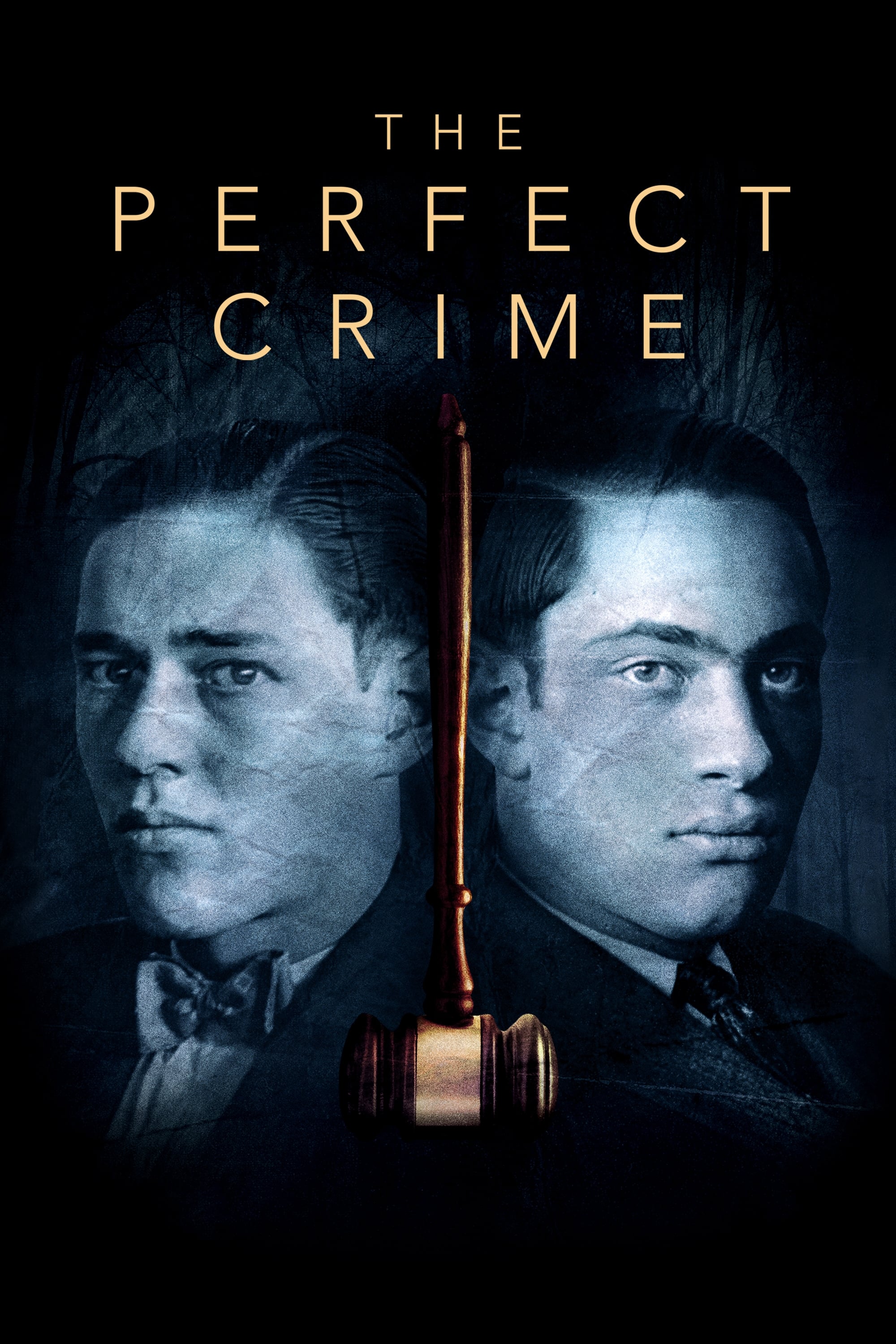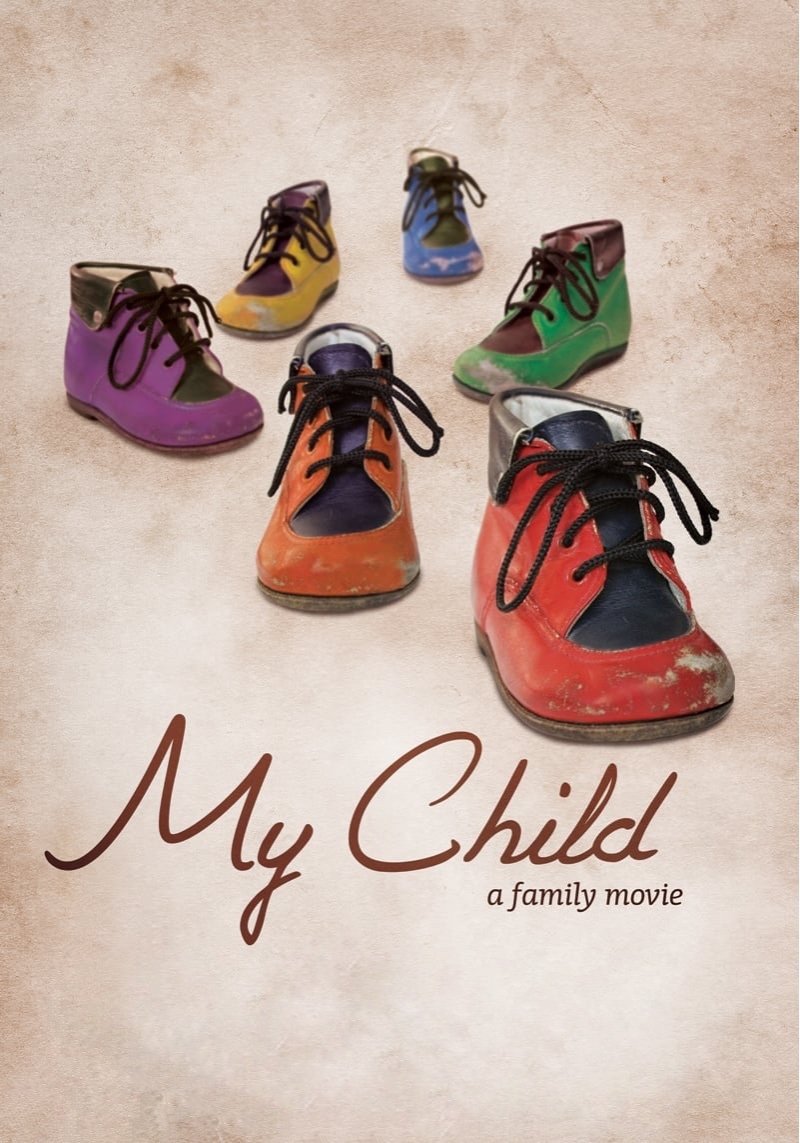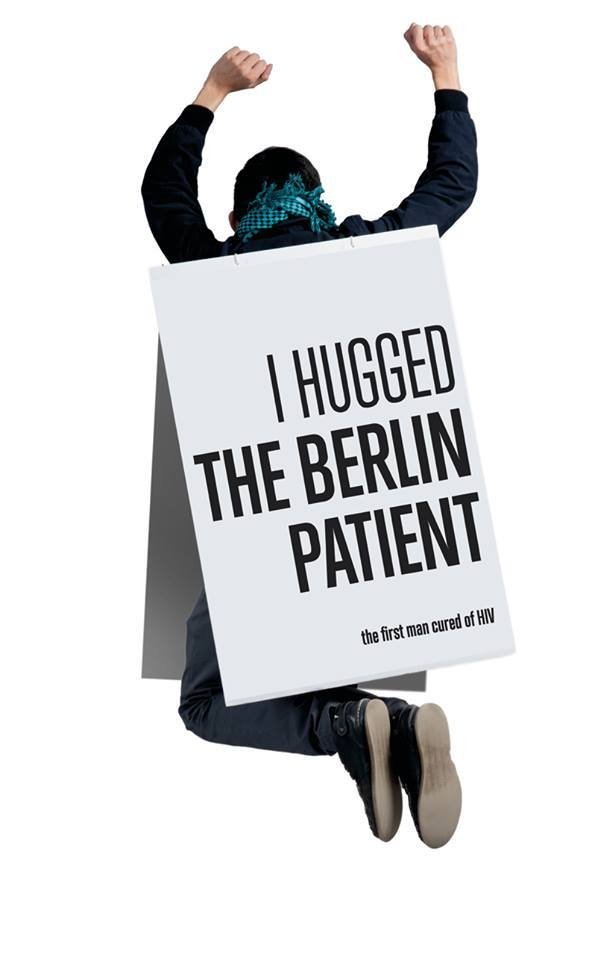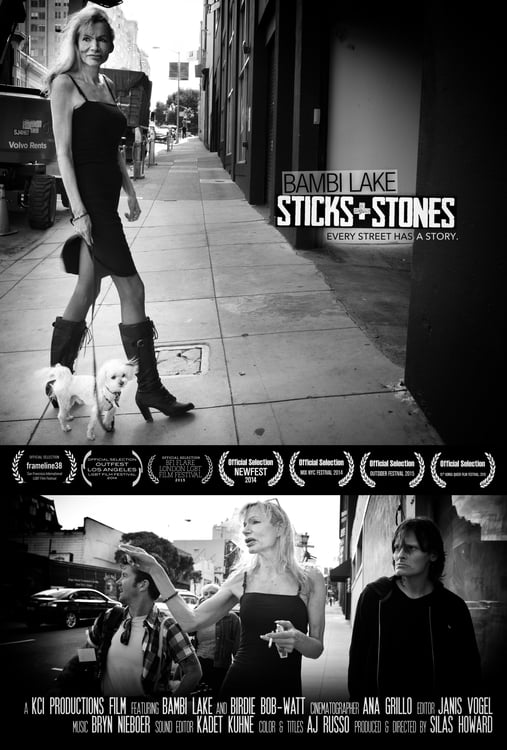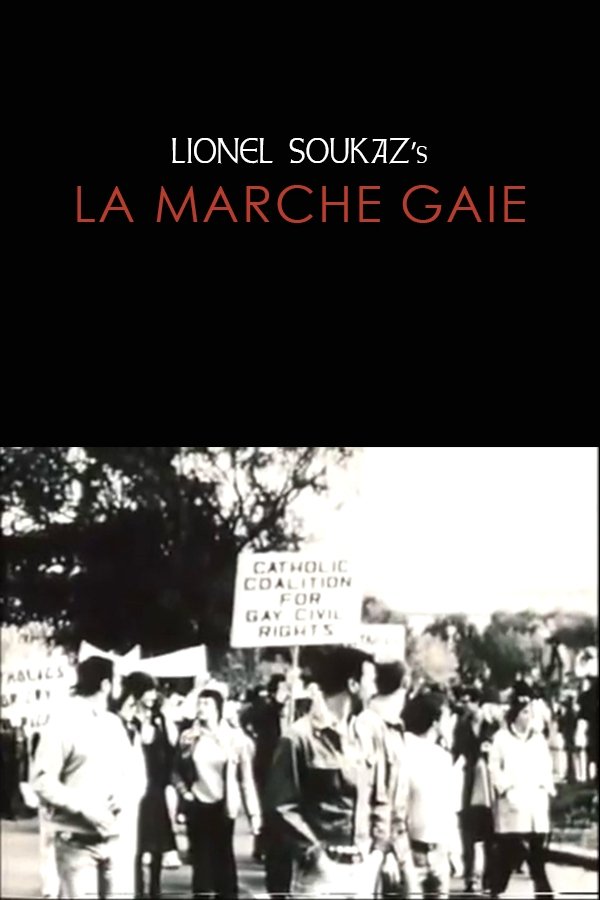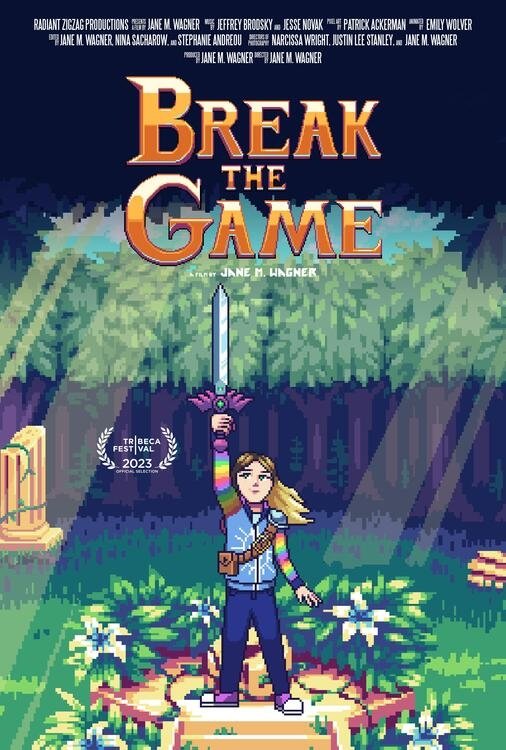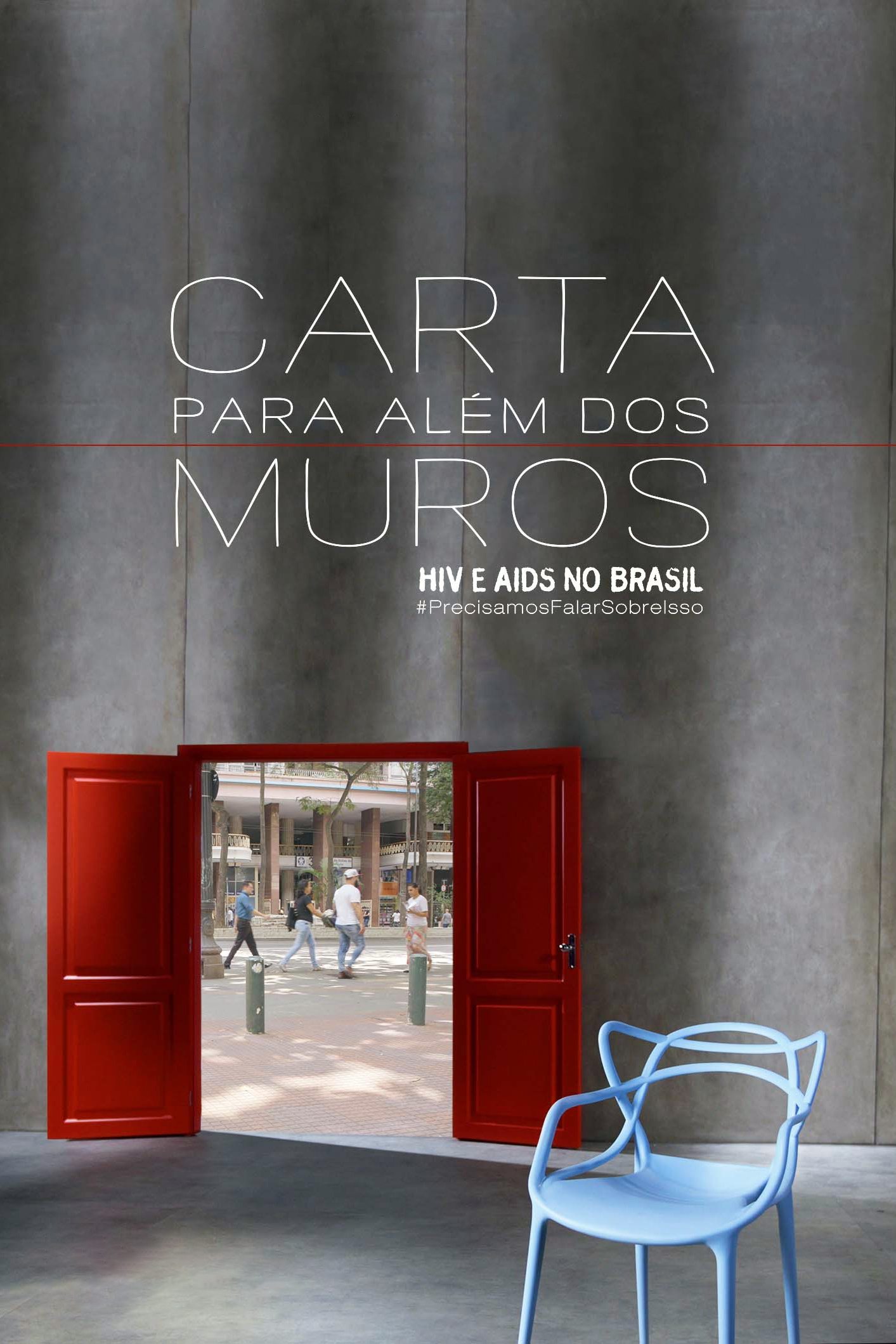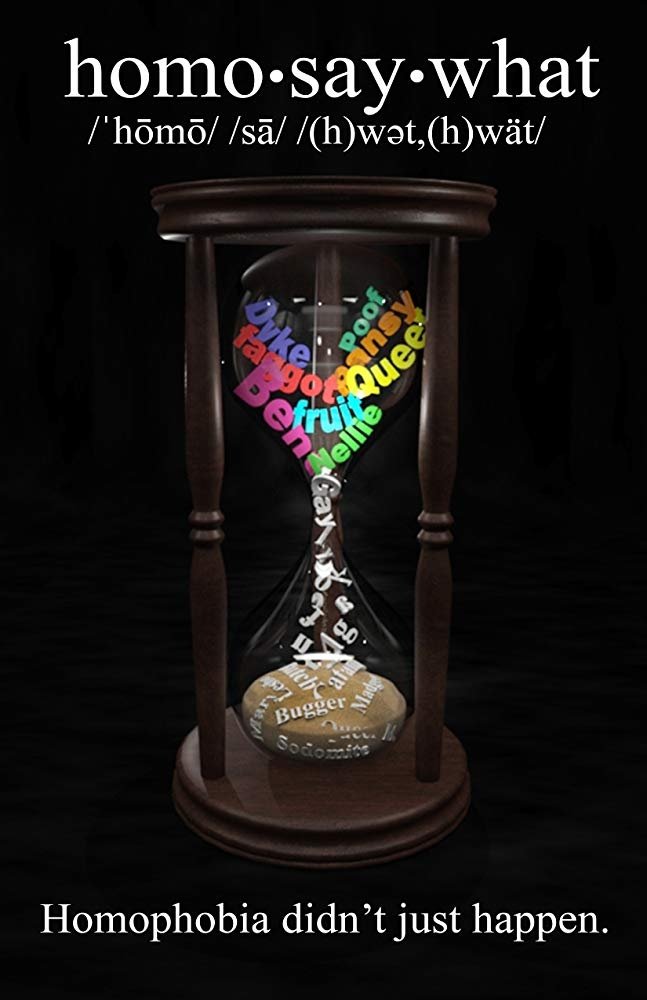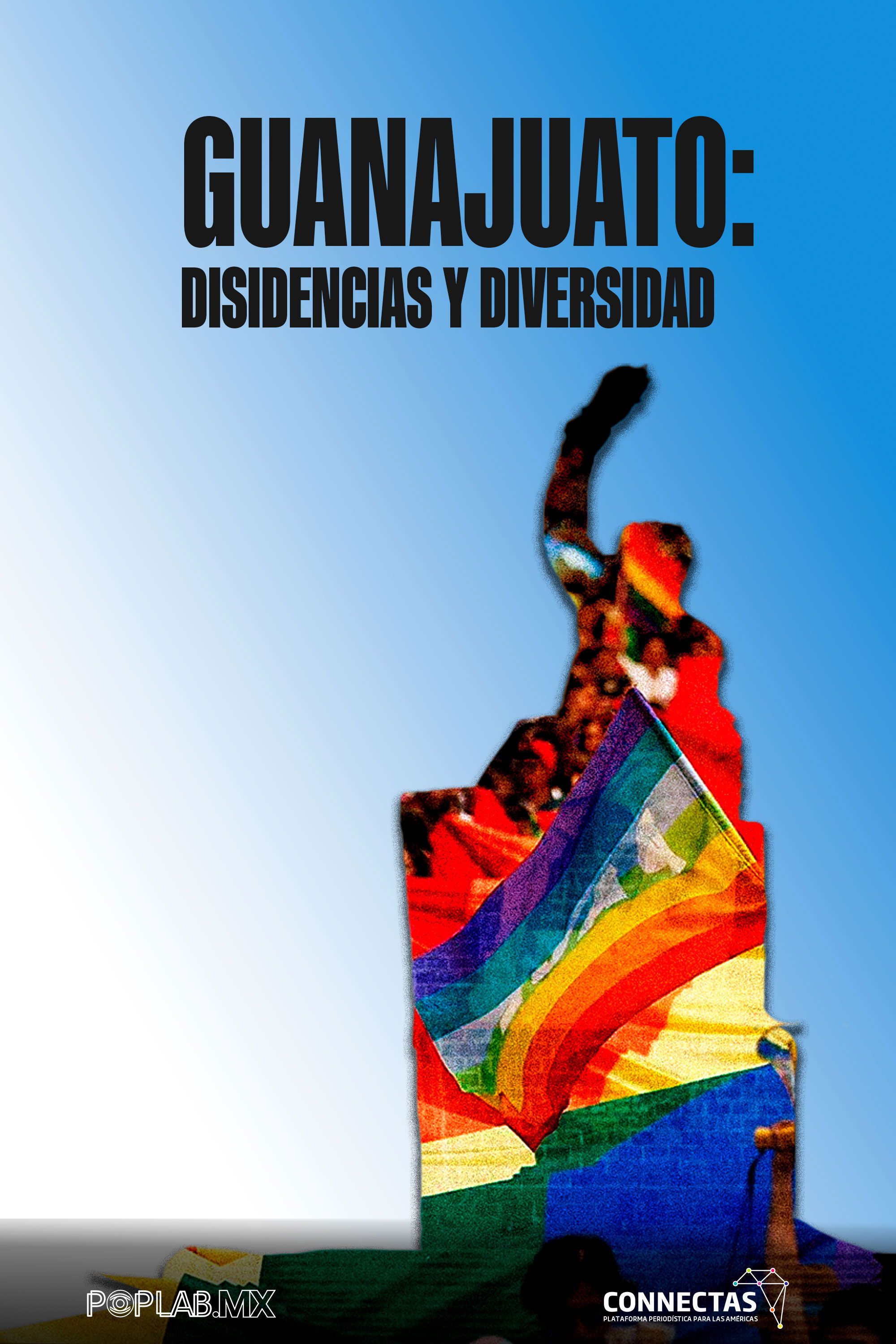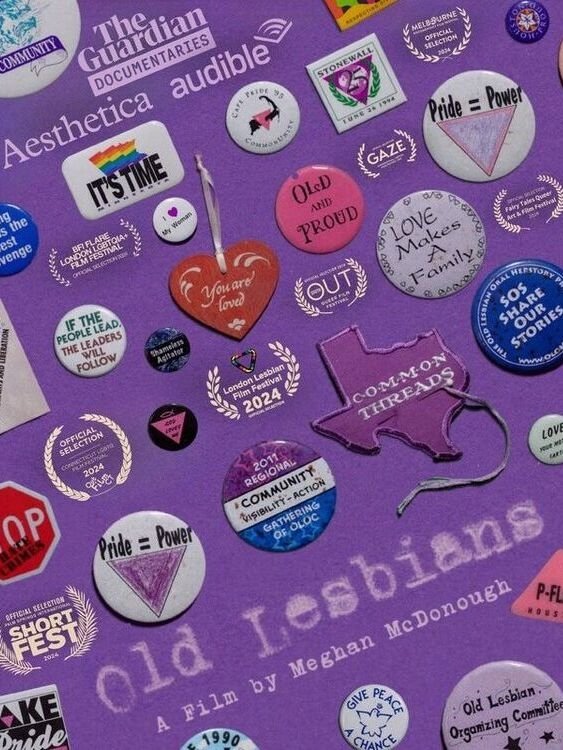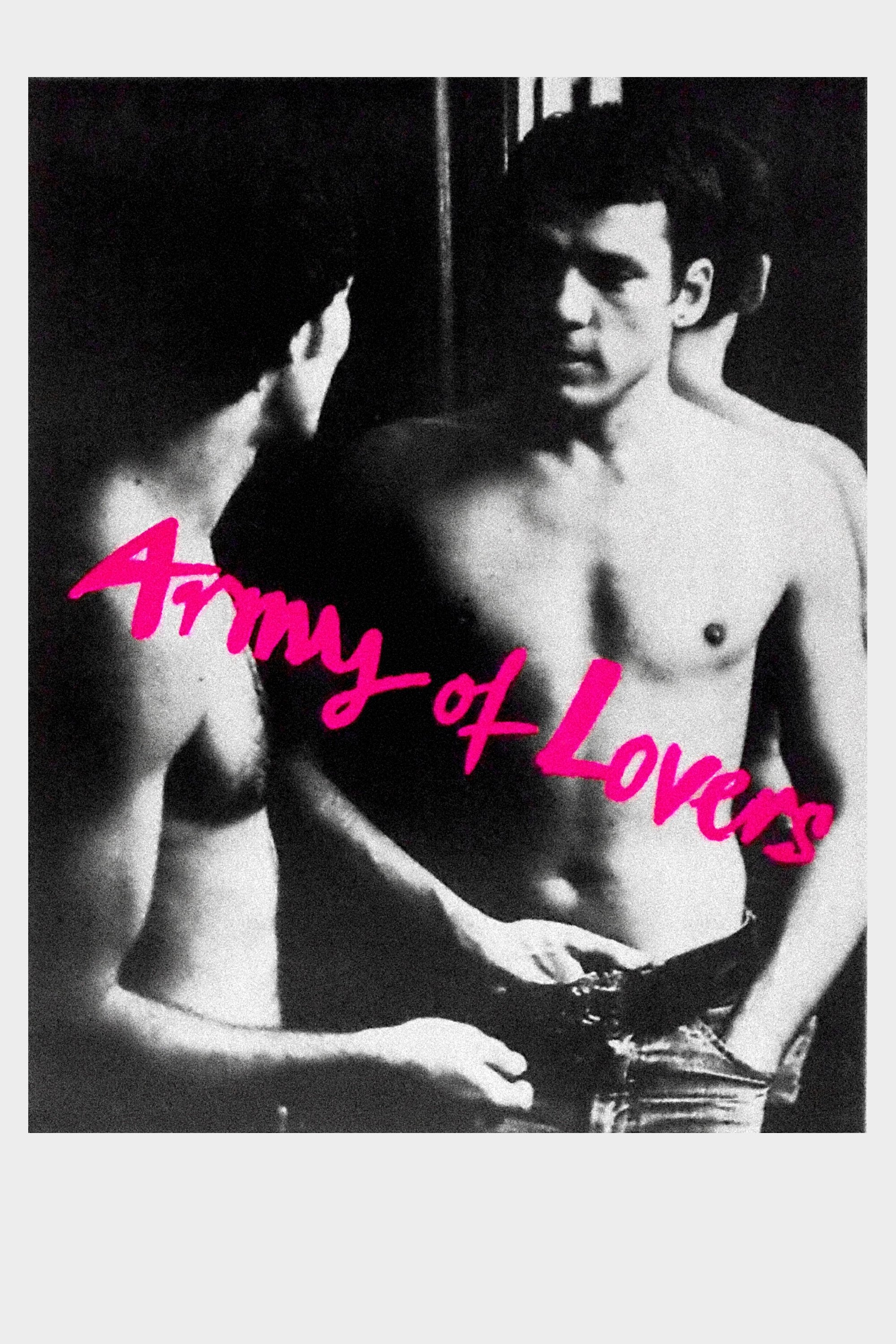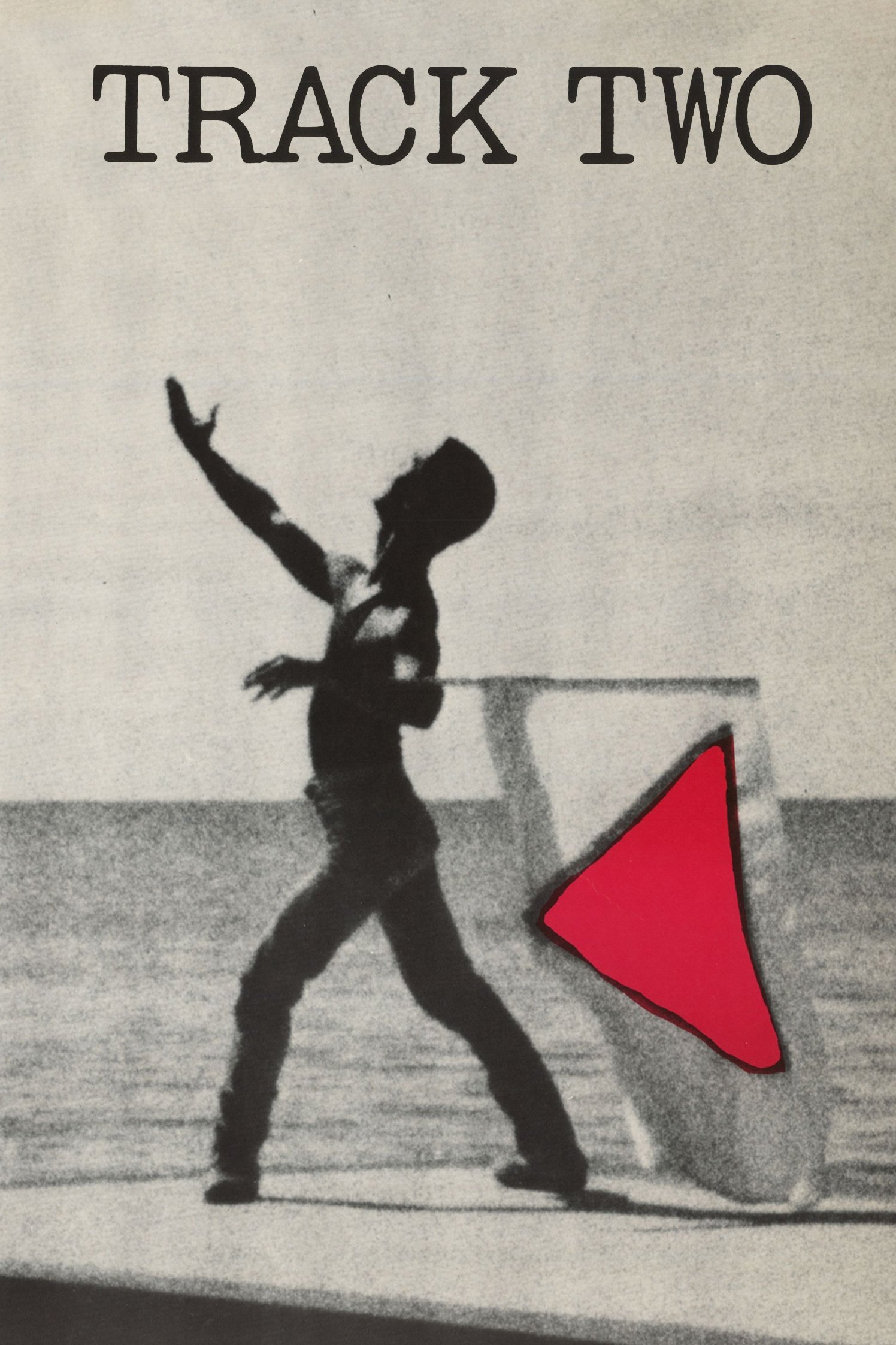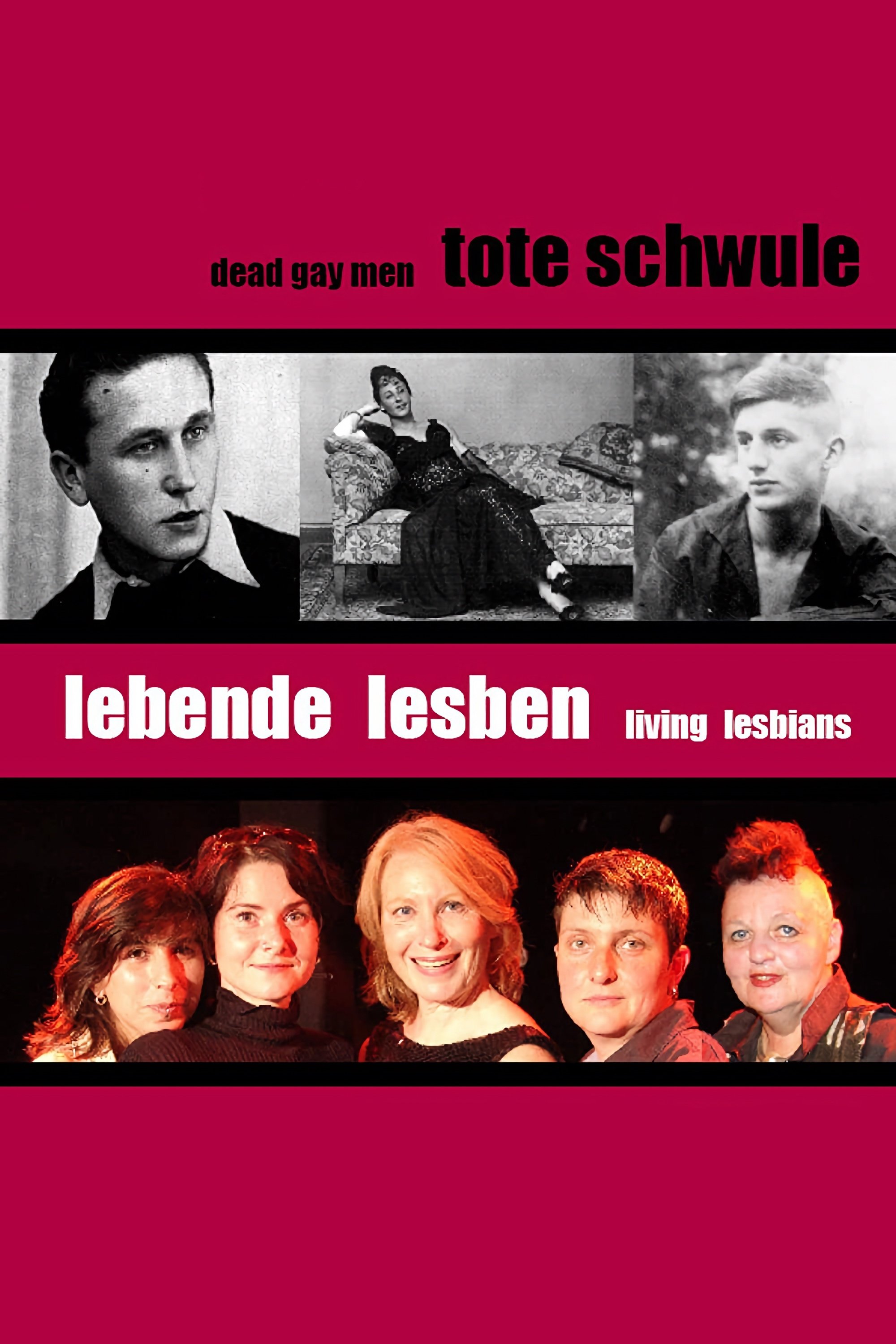Bright Eyes (1984)
Overview
One of the earliest documentaries to deal with AIDS.
Production Companies
Additional Info
| Budget | $0.00 |
|---|---|
| Revenue | $0.00 |
| Original Language | en |
| Popularity | 0.2425 |
Directed By
Stuart Marshall
Crew
Stuart Marshall
TOP CAST
Similar Movies
Ballot Measure 9
Ballot Measure 9 was an anti-gay amendment proposed to Oregon voters in 1992 by the conservative group, Oregon Citizen's Alliance. This documentary goes behind the scenes of the fight to stop Measure 9. It contains portions of anti-gay videos produced by the Citizen's Alliance as well as news clips and interviews with the people who successfully fought passage of Measure 9.
The Perfect Crime: Leopold & Loeb
The shocking story of Richard Leopold and Nathan Loeb, two wealthy college students who murdered a 14-year-old boy in 1924 to prove they were smart enough to get away with it.
Serviced
Serviced explores touch based service businesses including cuddling, erotic massage, sex surrogacy and sex work. Meet the men who have foregone the 9-5 grind or are adding on a side-hustle service-based job. From cuddling to sex work we're looking at the world's oldest profession with eyes wide open.
This Is Not a Dream
The video revolution of the 1970s offered unprecedented access to the moving image for artists and performers. This Is Not a Dream explores the legacies of this revolution and its continued impact on contemporary art and performance. Charting a path across four decades of avant-garde experiment and radical escapism, This Is Not a Dream traces the influences of Andy Warhol, John Waters and Jack Smith to the perverted frontiers of YouTube and Chatroulette, taking in subverted talk shows and soap operas, streetwalker fashions and glittery magic penises along the way.
I Hugged the Berlin Patient
A spirited cancer survivor goes on a spontaneous search for 'The Berlin Patient' - the first man in the world actually cured of HIV.
Sticks & Stones
Bambi Lake, a notorious San Francisco transgender performer and entertainer, takes us on a stroll down Polk Street, sharing anecdotes and the history behind her song Golden Age of Hustlers, which was written about her time as a street hustler in the mid-70’s.
Çürük: The Pink Report
The Turkish army considers homosexuality a mental disorder which exonerates young men from military service, but also requires a medical diagnosis to be reached through both psychological and more invasive (and humiliating) diagnostic procedures.’Çürük’ is an intense, entirely anonymous recording of the mortifying procedure used by the Turkish military to make it possible for gay men to exempt themselves from military service. The humiliation includes psychological tests, anal examinations and the photographical proof of gay sex. The impact on gay men‘s self-esteem becomes more than obvious, when one of the protagonists doubtfully asks: “Do you think I'm a real man?”
La marche gaie
A short documentary about the October 14 1979 March For Lesbian And Gay Rights in Washington D.C.
Break the Game
Record-breaking gamer Narcissa Wright grapples with her toxic obsession for attention and her space in the streaming community after coming out as transgender, all while attempting to set a new world record for The Legend of Zelda: Breath of the Wild.
Letter Beyond the Walls
Letter Beyond the Walls reconstructs the trajectory of HIV and AIDS with a focus on Brazil, through interviews with doctors, activists, patients and other actors, in addition to extensive archival material. From the initial panic to awareness campaigns, passing through the stigma imposed on people living with HIV, the documentary shows how society faced this epidemic in its deadliest phase over more than two decades. With this historical approach as its base, the film looks at the way HIV is viewed in today's society, revealing a picture of persistent misinformation and prejudice, which especially affects Brazil’s most historically vulnerable populations.
Queens of the Night
Called by a mirrored globe as extinct from the dance floors as the very nights of glory, feathers, and sequins, six veteran performers from Recife revisit their pasts and relive their most intimate memories in front of the cameras, and a present soaked in nostalgia. Pioneers of a revolution still in progress, they are and always will be Queens of the Night.
Homosaywhat
Homophobia didn’t just happen. Orchestrated campaigns by cultural institutions and public figures have systemically instilled anti-LGBTQ prejudice into American culture by shaping public opinion.
Guanajuato: Dissent and Diversity
In Guanajuato, Mexico, sexual and gender diversity activists, who have been fighting for two decades for rights such as marriage equality and the recognition of trans identities, face their greatest obstacle in a conservative society and a political party that has ruled for over 30 years, keeping the LGBTIQ+ community invisible.
Old Lesbians
For the last quarter century, Houston native Arden Eversmeyer journeyed across the country to record hundreds of oral "herstories" with a mostly invisible population that is rapidly disappearing. Old Lesbians honors Arden's legacy by animating the resilient, joyful voices she preserved in the Old Lesbian Oral Herstory Project, from first crush to first love, from the closet to coming out, and finally from loss to connection.
Elton John: A Singular Man
An in-depth portrait of British composer, pianist and singer Elton John, pop star and myth of modern culture.
Army of Lovers or Revolt of the Perverts
Personal diary-style documentary of German Gay rights activist Von Praunheim's sojourn in the US.
Dead Gay Men and Living Lesbians
As a result of the Holocaust and later, AIDS, the male homosexual community has sustained bitter losses and, according to Praunheim, lesbian women have now placed themselves at the head of the so-called queer movement. The female protagonists in the film represent two different generations; they also incorporate the past and present status of homosexuals in society.

